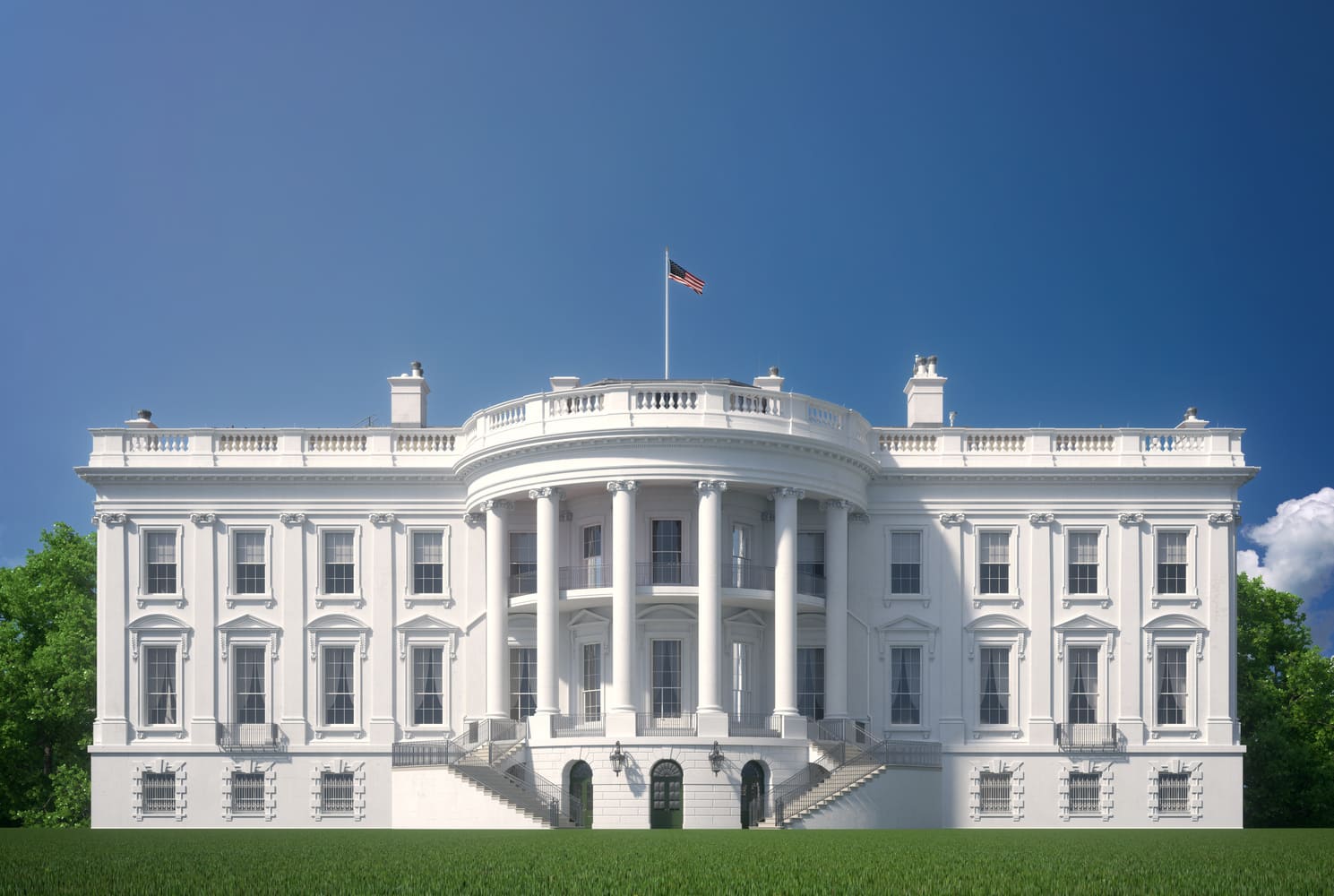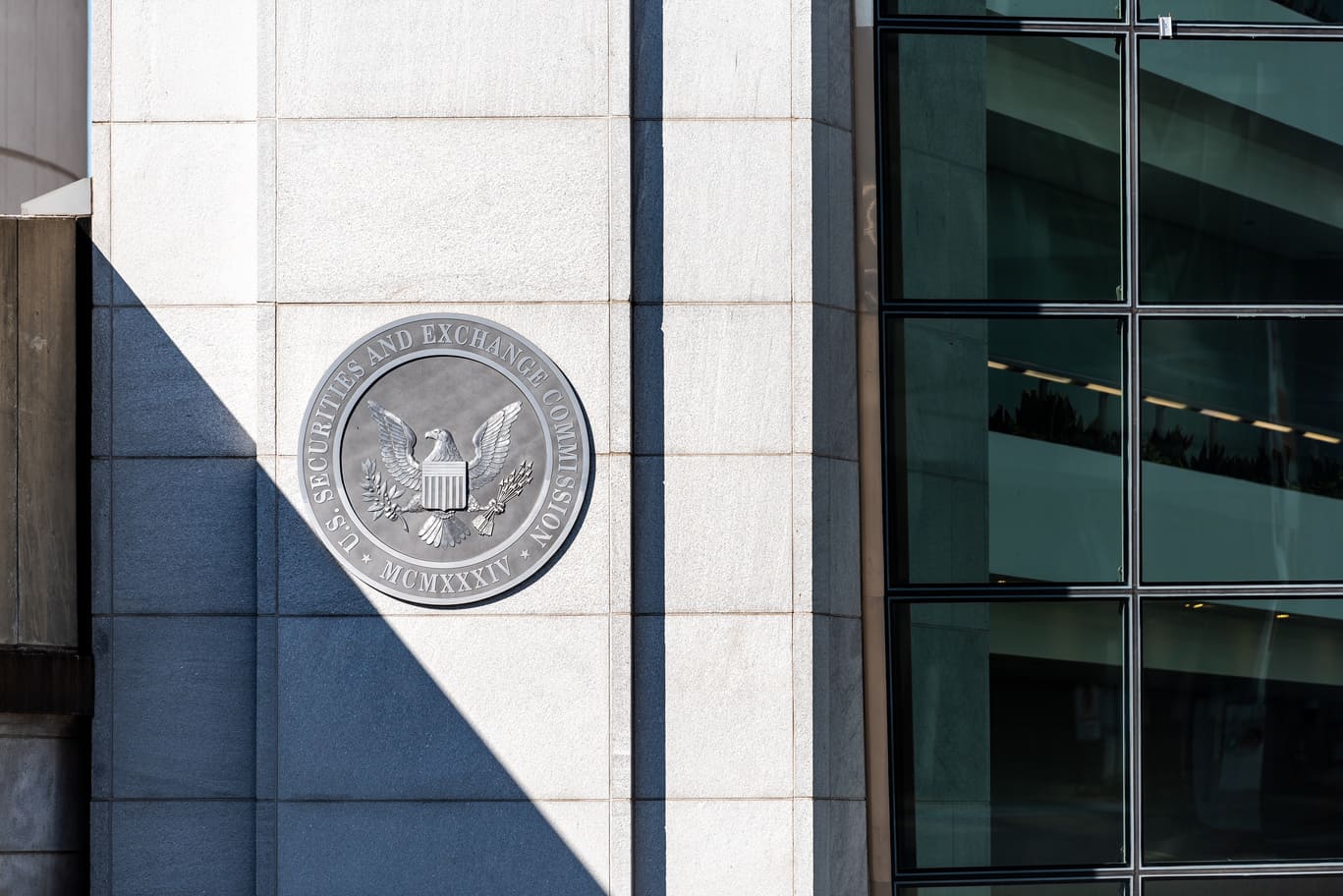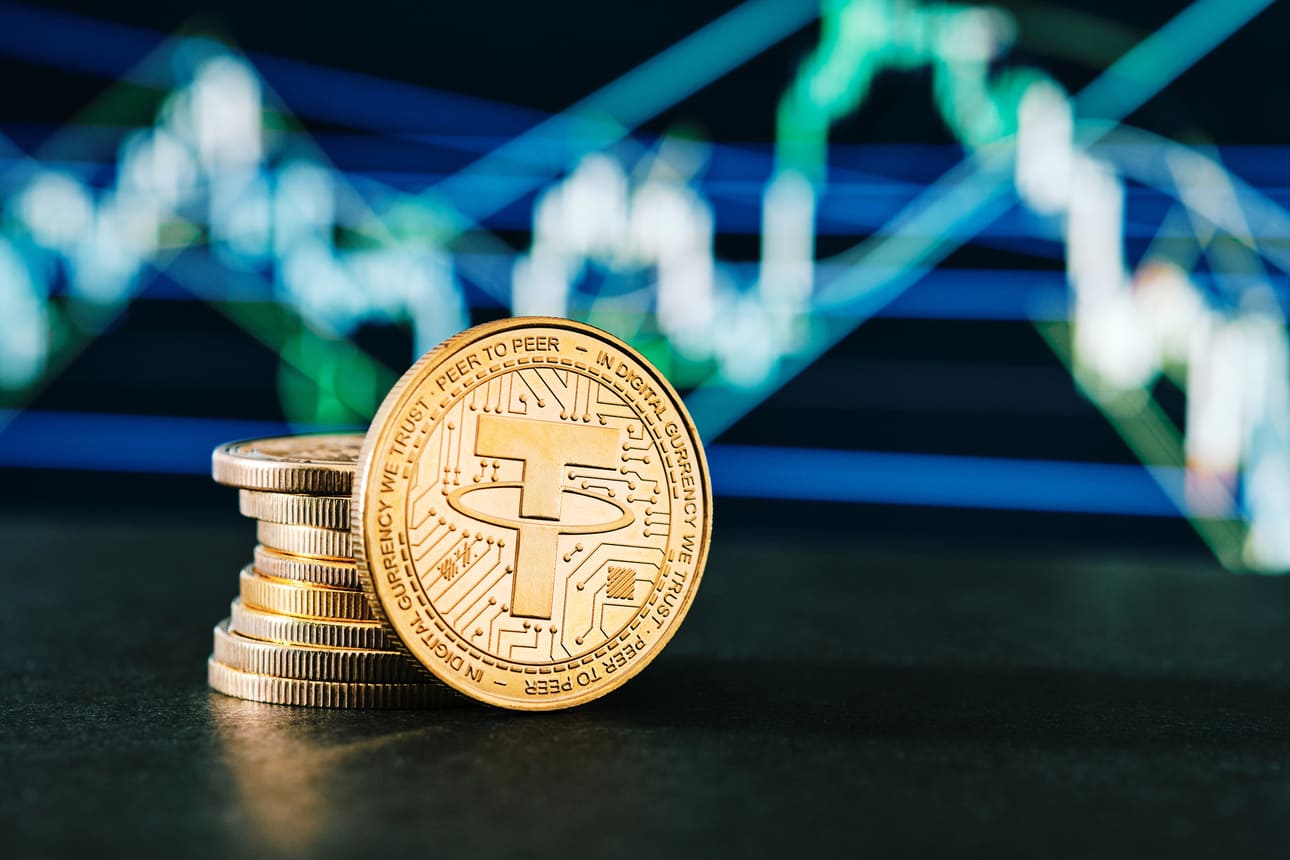
White House Releases First-Ever Comprehensive Framework for Responsible Development of Digital Assets
The fact sheet sums up recommendations from 9 separate reports submitted to the President since his executive order in March.
The White House has today released its “First-Ever Comprehensive Framework for Responsible Development of Digital Assets” that reflects the coordinated action of several US Government agencies to develop policy and recommendations in the digital asset sector.
The framework is built on research from nine reports submitted to the President since his executive order in March requiring federal agencies – the Treasury Department, the Commerce Department, the Financial Stability Oversight Council and other key government agencies – to develop frameworks and policy recommendations for responsible digital asset development and set a digital currency regulation.
The reports outline recommendations to protect consumers, investors, businesses, financial stability, national security, and the environment.
The recommendations
The reports encourage regulators like the Securities and Exchange Commission (SEC) and Commodity Futures Trading Commission (CFTC), consistent with their mandates, to aggressively pursue investigations and enforcement actions against unlawful practices in the digital assets space and encourage agencies to issue guidance and rules to address current and emergent risks in the digital asset ecosystem.
To promote safe and affordable financial services for all, the Administration plans to encourage the adoption of instant payment systems, and create a federal framework to regulate nonbank payment providers.
The fact sheet recommend that Treasury will work with financial institutions and other agencies to identify, track, and analyze and bolster their capacity to mitigate emerging strategic risks that relate to digital asset markets.
The President will evaluate whether to call upon Congress to amend the Bank Secrecy Act (BSA), anti-tip-off statutes, and laws against unlicensed money transmitting to apply explicitly to digital asset service providers, including digital asset exchanges and nonfungible token (NFT) platforms. He will also consider urging Congress to raise the penalties for unlicensed money transmitting to match the penalties for similar crimes under other money-laundering statutes and to amend relevant federal statutes to let the Department of Justice prosecute digital asset crimes in any jurisdiction where a victim of those crimes is found.
Finally, the Administration encourages the Federal Reserve to continue its ongoing CBDC research, experimentation, and evaluation. To support the Federal Reserve’s efforts and to advance other work on a potential U.S. CBDC, the Treasury will lead an interagency working group to consider the potential implications of a U.S. CBDC, leverage cross-government technical expertise, and share information with partners.





